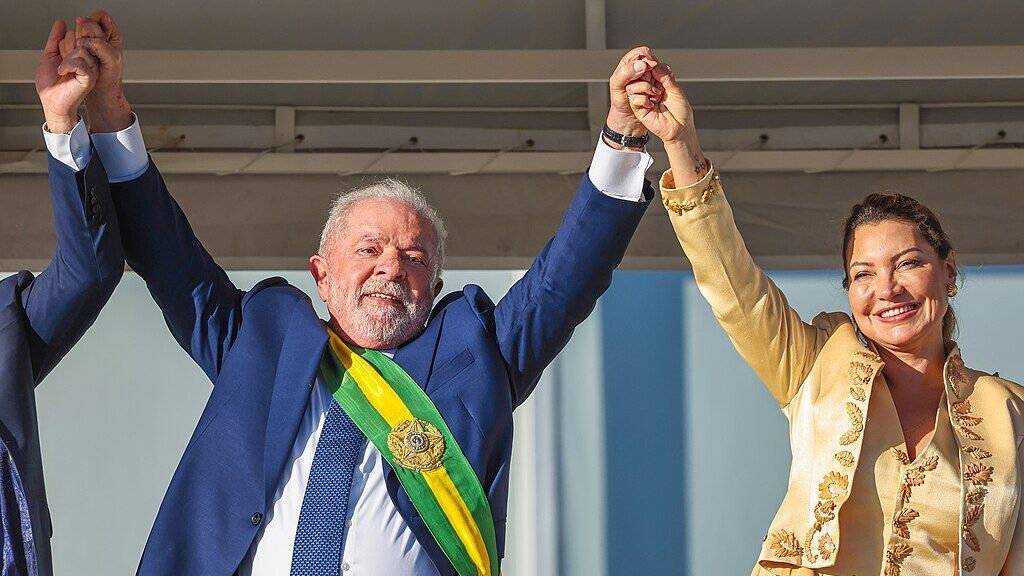
Brazilian President Luiz Inácio Lula da Silva
Photo: Palácio do Planalto from Brasilia, Brasil, CC BY 2.0
Earlier this year, on March 25th, the Brazilian government began promoting the creation of an online fact-checker meant to highlight ‘fake news.’
In a climate of apparent electoral tampering and a serious erosion of judicial independence, however, this project seems to be part of a larger effort to weaken critics of Lula da Silva and cement his party’s political hegemony. As al-Jazeera reports, Cristina Tardáguila, founder of the Lupa Agency, which seeks to combat disinformation, described what the government is doing not as “fact-checking,” but as “propaganda.”
The sense that this is occurring in the context of a wider clamping down on the public sphere is also bolstered by the fact that Brazil’s Congress is now working to pass what has been called a “Fake News Bill,” now poised to go ahead after much delay and the government’s choice to do without relevant committee hearings.
The bill, which has faced opposition from large companies like Google, would criminalize online content representing a severe enough threat to “social peace” and the country’s “economic order.” Even being a member of certain online groups, whether one participates in creating or sharing such content, would reportedly qualify as a crime. The content in question would apparently include images that ridicule politicians.
It now remains to be seen how Brazilian political opposition and civil society will react.
